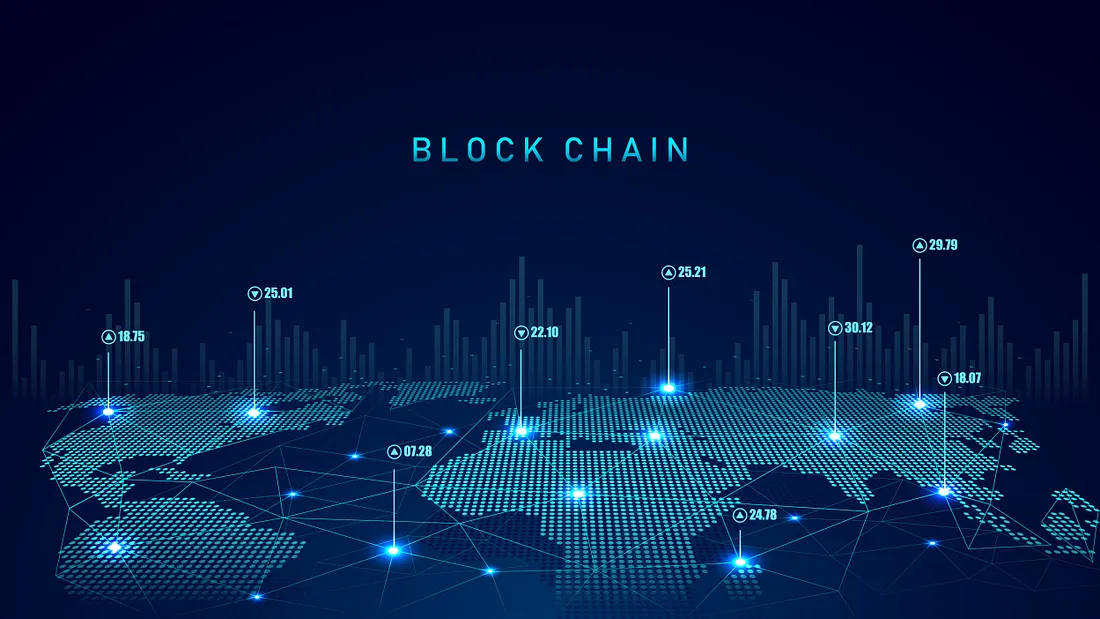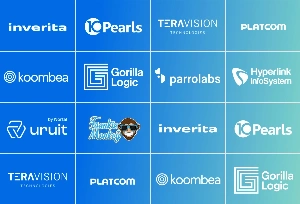Cardano is justifiably considered the best blockchain development platform, first launched back in 2014 by Input Output Hong Kong (IOHK).
Cardano's in-house blockchain cryptocurrency entitled ADA made it into the top three in terms of market capitalization in 2021, trailing only market leaders Bitcoin and Etherium. Plus, the platform acquired 100 % decentralization this year, and the blockchain nowadays counts more than 1,500 validator pools. It is a bespoke multigeneration platform powered by smart contracts, the primary goal of this blockchain platform is to create speedy and scale-out dApps. The Ouroboros consensus instrument, which is a safe variation of the Proof-of-stake method, is used by Cardano. There is no need to inspect each node because each transaction is only verified by network participants.
Cardano offers a number of characteristics that make it an excellent fit for capital market apps, including interoperability, liquidity, visibility, and validity. The Cardano chain intends to strike a balance between controlled and decentralized communities. Cardano offers several characteristics that make it an excellent fit for capital market apps, including interoperability, liquidity, visibility, and validity. The Cardano chain intends to strike a balance between controlled and decentralized communities. In addition, there is now a slew of dApps on Cardano aimed at improving monetary transactions through decentralization.
Benefits of Cardano:
- Solid extensibility;
- Swifter and lower-cost operations ( in comparison with the Ethereum grid);
- Strong safeness emphasis;
- It is extremely sustainable, mostly due to proper decentralization
Disadvantages:
The platform is maturing slowly since it is portrayed as an "academic blockchain" since such success depends on extensive study and testing.
Stable coins, NFT networks, lending protocols, and DEX are currently being created with Cardano. As the Cardano crew strategizes to modernize the technology, the platform will probably evolve in the following years to become an even more compelling opportunity for blockchain ventures.
Importance of These Blockchain Platforms
The current situation with the rapid increase in demand for blockchain technology surely leads to the fact that developers need smarter and more convenient platforms to create this modern technology. In addition, blockchain usage is also expanding, and more newcomers will require a distinctive platform. Blockchain can serve as a great tool for organizations that want to increase confidentiality and eliminate the possibility of corruption, whereas it can go a long way toward verifying the validity of the goods being sold. This technology facilitates P2P trans-border transactions involving virtual money and allows it to conduct transactions in a way much faster than conventional financial organizations. It can also be used to track the pipeline from manufacturer to retailer in fields ranging from medicine to give conclusive evidence of purchase in the community. Blockchain's technical specifications render it far more secure and resistant to tampering and unauthorized data access. Certainly, Bitcoin is rising in popularity day by day as well, and lots of businesses are already using bitcoins as a mode of payment. That is why people need safe and, crucially, trustworthy platforms to reach their coins.
How To Choose a Blockchain Platform for Your Business
When choosing a blockchain for a project, you carefully consider the aspects relevant to you as well as the main requirements of the business. Among such factors may accrue:
- Security;
- Degree of privacy;
- Velocity and value of transactions;
- Decentralization;
- Rate of acceptance of a particular platform;
- Scalability.
Conclusion
Having read the best blockchain development platforms, you have overcome only the initial part of the road to the ultimate success of your future project. While selecting a suitable blockchain development platform, it is worth taking a look at its background and reputation in the market, as tested options usually have better potential to achieve your goals. As an insight, it is a smart idea to check with a qualified professional person who operates with diverse frameworks and can evaluate your needs and recommend the most appropriate options for you. In addition, to ensure a genuinely smooth crypto venture run, it is vital not just to pick the best framework, but at the same time to hire a reliable team of developers willing to unleash the technology's entire capacity.
At inVerita, our specialists can assist you with both, with superior extensive experience and a comprehensive range of services. If you are currently looking for a blockchain technology solution vendor, check our clients’ reviews on Clutch, or you can directly contact us. 










